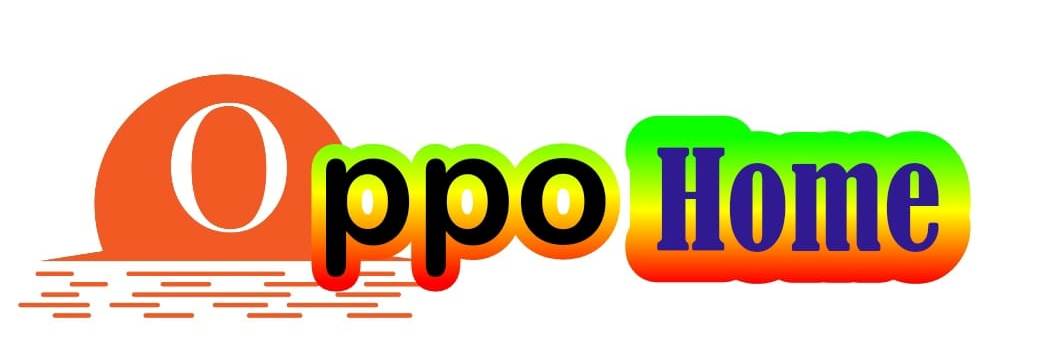Facebook does not remove anti-Muslim, hateful content in India
Some leaked Facebook documents have revealed that the popular social media site in India does not transparently block hate speech, misinformation, and provocative posts, especially anti-Muslim content.
Even the Internet company's own employees are skeptical of its motives and interests.
According to the report of the American news agency 'AP' published in the Dawn newspaper, the research done in March this year is based on the company's memes which are from 2019.
The company's internal documents highlight Facebook's constant struggle to eliminate blasphemous content on its platform in the world's largest democracy and the company's largest market.
Remember that India has a history of sectarian and religious tensions that also promote hateful posts and violence on social media.
The documents also show that the company has been aware of these issues for many years, raising questions about whether the company has worked to address these issues.
Many critics and digital experts say that Facebook has failed to do anything about it, especially when it comes to members of Prime Minister Narendra Modi's Bharatiya Janata Party (BJP).
Facebook has become an important part of politics around the world and the situation in India is no different.
The general impression is that Narendra Modi used this platform to benefit his party during the elections.
A report in the Wall Street Journal last year suspected that Facebook was not deliberately removing hateful content from its platform in India so that the BJP would not be offended.
Modi and Facebook Chairman and Chief Executive Officer (CEO) Mark Zuckerberg have posted a cheerful picture of the two embracing at Facebook headquarters in 2015.
The leaked documents include a collection of reports from inside companies about hate speech and misinformation in India, indicating that sometimes hateful content reached more people due to Facebook's own algorithms.
These include the company's staff's inability to properly address these issues and their dissatisfaction with such content that has gone viral on the platform.
According to the documents, Facebook saw India as one of the most endangered countries in the world and identified both Hindi and Bengali as priorities for automation over hate speech violations.
However, Facebook has not identified enough local language moderators or content to prevent misleading information that can sometimes lead to real-world violence.
In a statement, Facebook said it has invested heavily in technology to detect hate speech in various languages, including Hindi and Bengali, which has halved the number of hate speech in 2021.
A company spokesman said: "Globally, hate speech against backward groups, including Muslims, is on the rise, so we are improving policy enforcement and are committed to updating our policies as hate speech spreads online." Comes'.
The report is based on revelations made to the Securities and Exchange Commission and was provided to Congress in a modified form by Francis Hogan, a former Facebook employee, and lawyer.
This version was obtained by a consortium of news organizations.
Earlier in February 2019 and before India's general election, when fears of misleading information were growing, a Facebook employee wanted to understand what a new user in India sees on their news feed if they only Follow pages and groups suggested by the platform.
In this regard, the employee had created a test user account and kept it 'live' for three weeks, during which an extraordinary incident shook India that more than 40 Indian soldiers were killed in an attack in occupied Kashmir. Which increased the tension with Pakistan.
The note, entitled 'Indian Test Users Descent Into AC of Polarizing, Nationalist Messages', whose name has been deleted, said they were shocked by the content in the news feed.
The company employee described the material as "nationalist", "misleading" and "polarizing".
Similarly, seemingly harmless groups suggested by Facebook are rapidly turning into something else where hate speech, unconfirmed rumors, and viral content are spreading rapidly.


Comments
Post a Comment